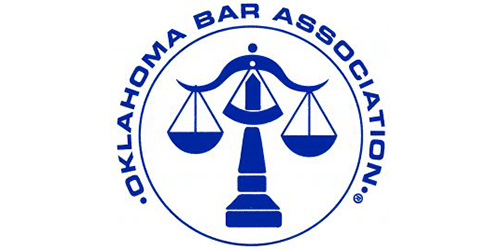

It’s that time of year again! I, personally, get really excited about tax season, though there is some anxiety because I want to make sure I fill in all the areas, since I do them myself, correctly. For business owners, it’s probably not the most exciting time of year, but most business owners have a Certified Public Accountant (CPA) to handle all their information. For those that are new to filing taxes or ask, “do I have to?” Let’s talk about what happens, from a law standpoint, if you do not file your taxes.
The degree to which a taxpayer complies (or fails to comply) with the tax rules of his or her country, for example by declaring income, filing a return, and paying the tax due in a timely manner.
If you owe zero dollars in taxes, or you are to be administered a refund, you do not have to file your taxes. If you know you are owed a refund, you have three years to file your taxes, but if you don’t file within that time frame, well, tough luck because you will never see it. Keep in mind, just because you have three years to file your taxes, in this scenario, does not mean you are not subject to penalties (including accrued interest). Filing your taxes on or before April 15th is always suggested, and if need be you can file an extension. Moral of the story, file your taxes within a timely manner so you can receive the money you’re owed.
What happens if you know you owe the IRS money, and you have not filed your taxes? One word: penalties. Failing to file your taxes can come with greater cost, than failing to pay.
If you owe taxes and don’t file your return or extension by April 15, 2020, or if you file an extension but fail to file your return by October 15, 2020:
The late filing penalty is 5% of the additional taxes owed amount for every month (or fraction thereof) your return is late, up to a maximum of 25%. If you file more than 60 days after the due date, the minimum penalty is $210 or 100% of your unpaid tax, whichever is less. For more information you can use your preferred search engine in your internet browser or click here.
If you don’t pay taxes owed by April 15, 2020, regardless of whether you file an extension or not:
The late payment penalty is 0.5% (1/2 of 1%) of the additional tax owed amount for every month (or fraction thereof) the owed tax remains unpaid, up to a maximum of 25%.
For any month(s) in which both the late-payment and late-filing penalties apply, the 0.5% late-payment penalty is waived.
Interest (compounded daily) starts accumulating on unpaid taxes one day after the due date of the return, until the bill is fully paid off. The current interest rate is 5% (3% on top of the federal short-term rate of 2%) and is subject to change.
The IRS will not put you in jail for not being able to pay your taxes if you file your return. The following actions will land you in jail for one to three years:
There is a Statute of Limitations, a time frame to file charges.
If you can’t pay your taxes you can always call the IRS and set up a payment plan, or you can, at times, compromise with them and pay a lesser amount than what you owe. Yes, they will work with you, but every person has a different situation and the IRS will ultimately decide which option is best suitable.
Information supplied for this post can be accessed by the clickable links.
Smolen Law's mission is to provide exceptional legal services with integrity, professionalism, and respect.
Choose the Oklahoma law firm that gets results: Smolen Law.




